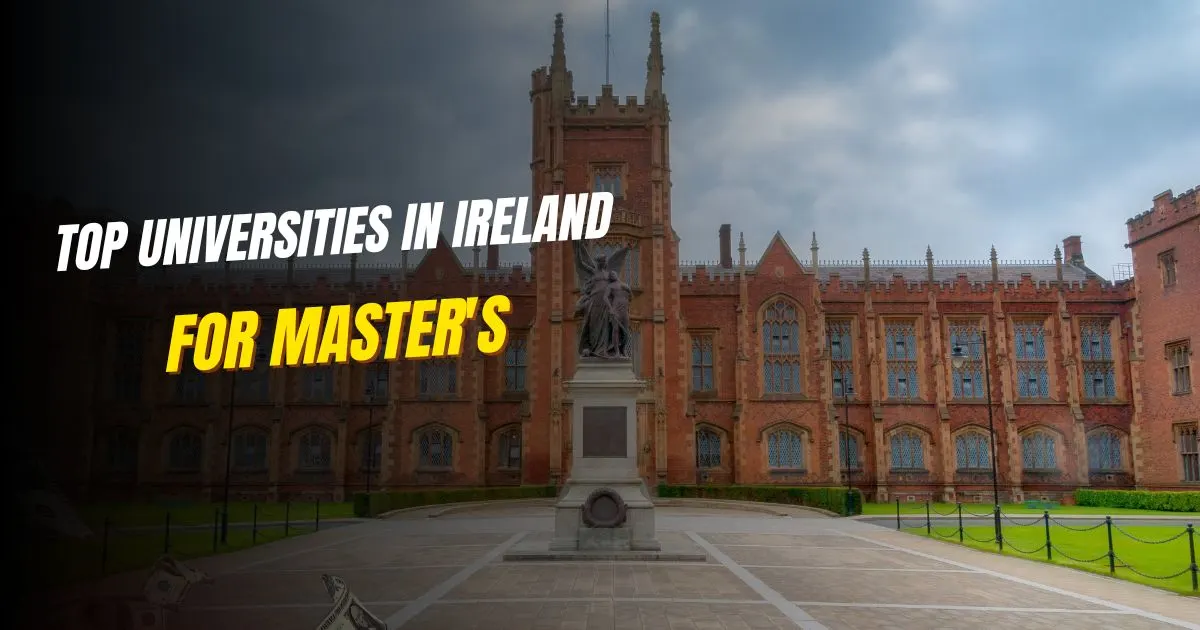
Studying in UK After Brexit
Is it more difficult to studying in UK after Brexit? This is the first question many students and parents ask today. If you are planning to study abroad, the United Kingdom is probably already on your mind. It has always been one of the top choices for Indian students. However, things have changed since January 2020. The UK officially departed from the European Union in a process known as Brexit. By the end of 2020, the transition was completed, and new regulations regarding students were issued.
In reality, while some things became tougher to do, Brexit has opened up many opportunities for international students, particularly for those from India. Let’s go through it step by step.
What Exactly Changed for Students After Brexit?
After Brexit, rules for students also shifted, from admissions to visas; a lot of things are now different:
- Free Movement Ended: Before Brexit, EU students could come to the UK without restrictions. After the changes, they have to follow the same rules as other international students.
- New Immigration Rules: The UK now has a points-based immigration system that will apply to everyone, regardless of whether you are from France, India, or anywhere else.
- Tuition & Funding: In the past, EU students had lower fees and access to UK student loans. After Brexit, that benefit is gone for EU students; now they pay the same international tuition as Indian students.
Life After Brexit: The New Rules for EU Students
Here’s how Brexit changed the experience for EU students:
- EU students are now placed in the same fee category as other foreign students.
- They can no longer access UK government student loans.
- Studying in the UK now requires both a student visa and a health surcharge.
- Because of this, fewer EU students are choosing UK universities.

Why Brexit Benefits Indian & International Students
Here’s the good news: Brexit has actually balanced the field for Indian students.
- EU students no longer get special treatment, which means more chances for Indian applicants.
- With the Graduate Route (PSW), you can work in the UK for 2 years after graduation, or 3 years if you finish a PhD.
- The universities in the UK are actively focusing on countries like India for admissions and scholarships.
- Classrooms in the UK have become more global, giving students exposure to different cultures and ideas.
Work Opportunities in the UK After Brexit.
Thinking about jobs after graduation? The UK still offers strong options.
- Skilled Worker Visa rules are now the same for everyone.
- The Graduate Route Visa makes it easier to gain UK work experience after your studies.
- Sectors like Healthcare, IT, Finance, Artificial Intelligence, Engineering, and Green Energy are all hiring skilled graduates.
Student Exchanges & Research Opportunities After Brexit
Brexit also changed how research and exchange programs work.
- The UK has ended Erasmus+ and introduced the Turing Scheme to help students join study exchanges worldwide.
- In 2023, the UK rejoined Horizon Europe, giving students more opportunities in world-class research.
Should You Study in the UK After Brexit? Pros & Cons Explained.
Pros:
- All students now have an equal and fair chance
- The Graduate Route (PSW visa) makes it easier to stay back and work after studies.
- UK universities are offering more scholarships and a wider global exposure.
Cons:
- EU students face higher tuition fees.
- Career prospects in the UK remain strong, but some industries are facing ups and downs after Brexit.

Is the UK Still a Good Study Abroad Option Post-Brexit?
If you are thinking whether the UK is still a good choice, the simple answer is yes.
- The UK has world-class universities like Oxford, Cambridge, and Imperial.
- The Graduate Route Visa is a big advantage for building your career in the UK..
- The UK government and universities are welcoming more international students than ever.
So, if you are an Indian student planning higher studies abroad, the UK after Brexit is still one of the best options for education, research, and career growth.
Need Guidance for UK Admissions After Brexit? Talk to Us
Are you not sure how Brexit will affect your admission, visa, or scholarships? Don’t worry, we are here with you. If you are an Indian student planning higher studies abroad, studying in UK after Brexit is still the best decision. At Education Street, we help students at every step, from university selection to visas and post-study career planning. You can contact us and 👉get a free enquiry now.
Frequently Asked Questions About Studying in UK After Brexit
1- What is Brexit?
Brexit is when the UK left the European Union, which officially happened in 2020.
2- After Brexit, is the UK part of the EU?
No, England and the rest of the UK are not part of the EU.
3- When did Brexit happen?
On 31 January 2020, the UK officially exited the EU, completing the transition period by December.
4- Why did Brexit happen
Brexit happened because the UK wanted more control over its laws, borders, and trade.
5- Which country recently left the European Union
The UK recently left the European Union.
6- Is Brexit good for Indian students?
Yes, Indian students now have better opportunities to study in the UK.
7- Why did the pound fall after Brexit
After Brexit, the UK currency declined due to uncertainty in the economy.
8- Can I work in Europe after Brexit
Yes, but UK students now need separate permission to work in the EU.
9- How does Brexit affect international students?
It changed visas, fees, and study opportunities, but also opened new chances for non-EU students.
Author Name: Ankita Thakker
Designation: Founder & CEO of Education Street






